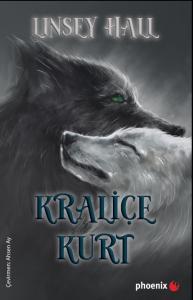
Exploring Literary works through philosophical perspectives wouldassist one to observe the world differently. This study aims to reveal
human beings' divergent outlooks toward happenings throughouttheir lives within a philosophical context. Since the ancient times,
from Plato to Descartes, from Husserl to Heidegger, from Kant toKierkegaard, several philosophers have explored and criticized
subjectivity and ontological aspect of intellectuality, whereasEmanuel Levinas introduces the human being's metaphysical
transcendence and criticizes western philosophy because the‘Other' in a relationship with the ‘Self' is totalized and marginalized.
The investigation focuses on various challenges and notionsin Rita Hayworth and Shawshank Redemption (1982), The Green
Mile (1996), and The Dead Zone (1979). King's specificallydelineated characters in these works are questioned under the light
of Levinas' philosophical concepts such as ‘ethics', ‘responsibility',hope', ‘need', ‘death', and ‘fate'. Hence, this study attempts to
explore how King delineates a well-depicted scenery by which thecharacters reflect Levinas's philosophical vision distinctively.
Exploring Literary works through philosophical perspectives wouldassist one to observe the world differently. This study aims to reveal
human beings' divergent outlooks toward happenings throughouttheir lives within a philosophical context. Since the ancient times,
from Plato to Descartes, from Husserl to Heidegger, from Kant toKierkegaard, several philosophers have explored and criticized
subjectivity and ontological aspect of intellectuality, whereasEmanuel Levinas introduces the human being's metaphysical
transcendence and criticizes western philosophy because the‘Other' in a relationship with the ‘Self' is totalized and marginalized.
The investigation focuses on various challenges and notionsin Rita Hayworth and Shawshank Redemption (1982), The Green
Mile (1996), and The Dead Zone (1979). King's specificallydelineated characters in these works are questioned under the light
of Levinas' philosophical concepts such as ‘ethics', ‘responsibility',hope', ‘need', ‘death', and ‘fate'. Hence, this study attempts to
explore how King delineates a well-depicted scenery by which thecharacters reflect Levinas's philosophical vision distinctively.




















